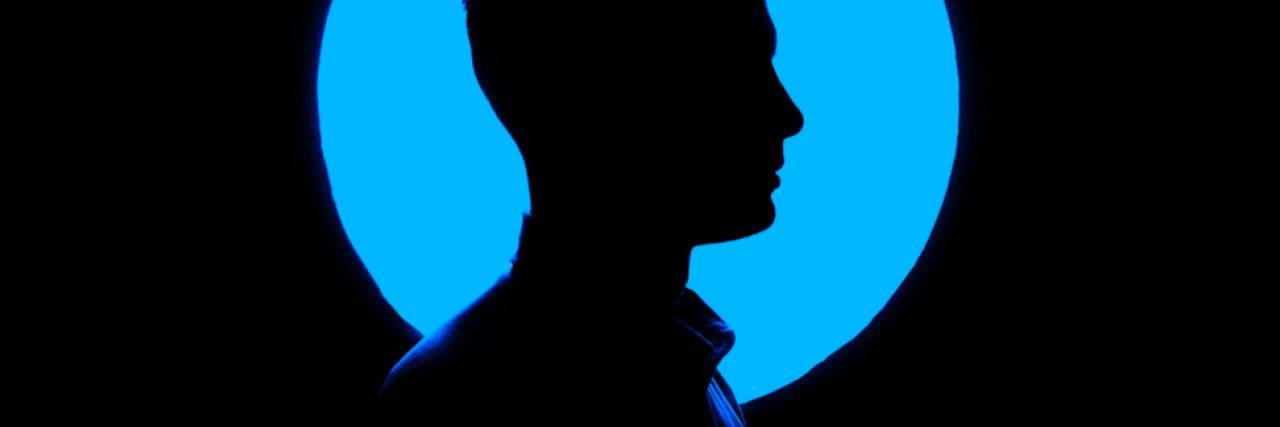Using Language to Understand Whether I ‘Am’ Bipolar or ‘Have’ Bipolar Disorder
Being diagnosed with a mental illness was a major existential challenge for me. Where my asthma is confined to my lungs and my eczema to my skin, my bipolar disorder calls into question the very concept of who I am. It challenges my identity. In responding to that challenge, I realized that I can use language to see myself in two different ways.
• What is Bipolar disorder?
In the first, I understand myself as separate from the illness. I could say, for example, “I have bipolar disorder.” Using the illness as a noun implies that there’s a person and there’s an illness and that the illness is something to be possessed by the person.
In the second, I understand myself as partially describable by the illness. I might say, “I am bipolar.” Here, the illness is not separated from the person. It’s a characteristic, not a possession. In the same way, one might say, “I’m short” instead of, “I have shortness.”
I can understand these perspectives in the same way I understand my place in the universe at large. In the first sense, I view the universe as something that exists around me. It’s the sights and sounds and everything I take in using my senses. In the second, I’m reminded of the fact that I am the universe. There are no borders where the universe stops and I begin. I just happen to be a part of a possibly infinite whole that is able to look around at the other parts.
In either case, I don’t think one conceptualization is more or less accurate than the other. I do experience mania and depression just as I do experience the world through my senses. No less valid is the fact that taking me out of the universe would, in some tiny way, change what the universe is. Likewise, if my bipolar disorder were taken away, the absence of the illness would leave me different. Healthier, but different nonetheless.
There’s more to this than knowing it’s OK to understand a mental illness as both a possession and a characteristic. The real lesson here is that however I choose to understand the illness, it can never be all of what I am. Let’s review the two conceptualizations:
1. “I have bipolar disorder.” The illness is a possession.
2. “I am bipolar.” The illness is a characteristic.
As long as that “I” exists, I must be more than the disorder. Even in the second conceptualization, where there’s no separation between me and my illness, the “I” cannot only be bipolar. If it were, I’d be saying, “Bipolar is bipolar.”
This is a tautology. The statement is meaningless because it’s just repeating itself. Obviously bipolar is bipolar, so I must be referring to something else when I say “I.” Unless I’m trying to say something as completely unnecessary as “bipolar is bipolar,” I’m actually proving that I am more than the illness simply by saying: “I am bipolar.”
In this way, I discovered that whether I view an illness as something I have or a part of who I am, I will always be more.
Photo by Ben Sweet on Unsplash

